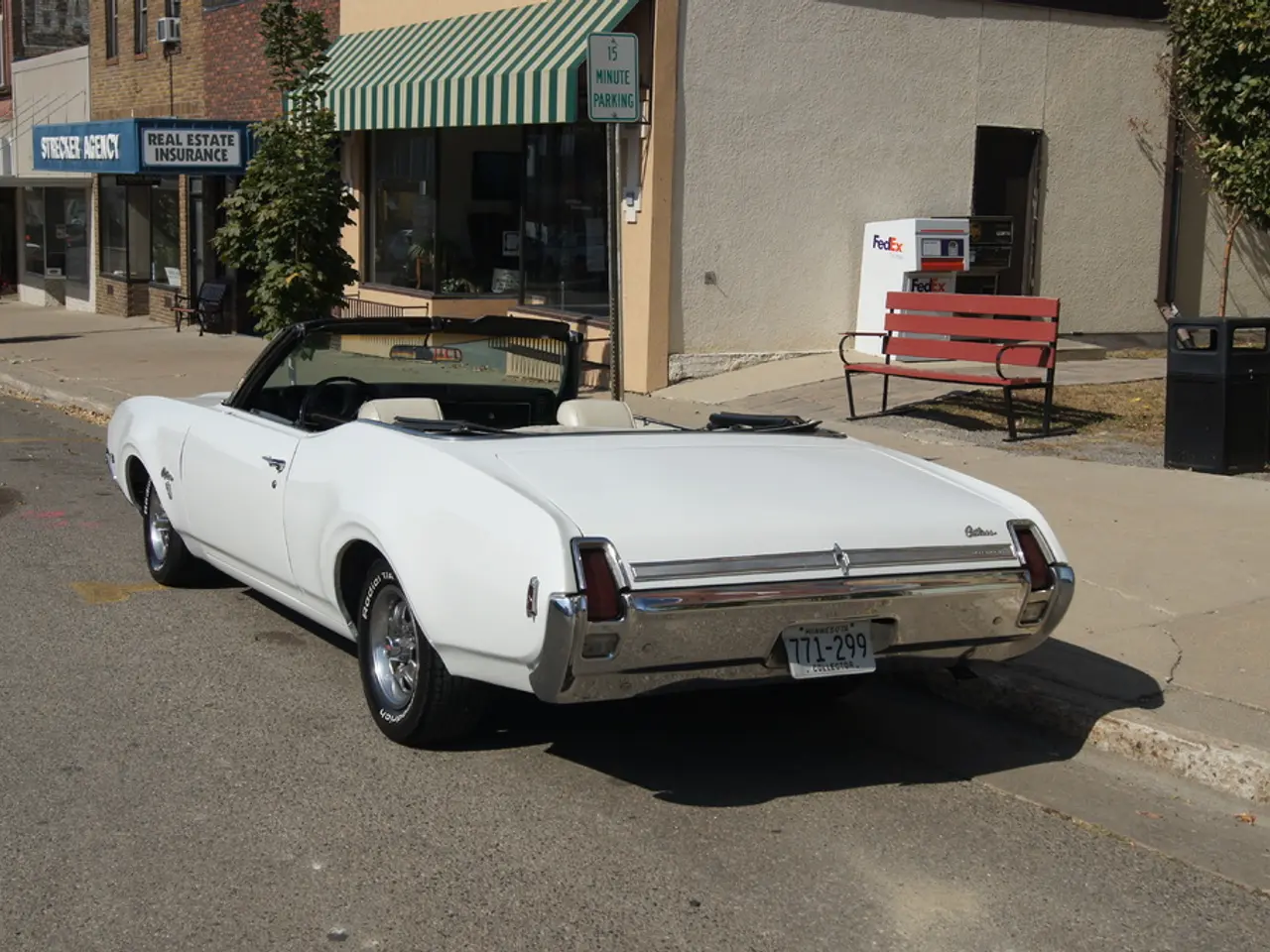Insurance companies in California do not provide accident forgiveness policies.
In the realm of car insurance, accident forgiveness is a popular feature offered by some companies that allows a driver's premium to remain unaffected after their first at-fault accident, under certain conditions. However, this feature is effectively banned in California, making it unavailable for drivers in the Golden State.
California's insurance regulations view accident forgiveness as an unfair pricing scheme that could lead to unequal rates for similar drivers. This stance is consistent with the state's broader stance on banning certain rating factors, such as credit history, that could otherwise be used to justify higher premiums for some drivers.
The strict insurance laws in California prohibit the use of non-driving factors in calculating premiums. Insurance rates in the state are primarily based on driving record, mileage, and years of driving experience. Allowing accident forgiveness as an add-on could create a scenario where two drivers with identical risk profiles and claims histories are charged different rates, which violates the principle of non-discrimination and rate standardization.
Regulators in California view such practices as unfair and contrary to the goal of ensuring that insurance pricing is transparent and based on objective factors related to driving risk. As a result, accident forgiveness has been banned in California for over 30 years and is unlikely to make a comeback.
While accident forgiveness is unavailable in California, consumers should be aware that national advertisements for the feature may still be run in the state. This confusion persists among consumers due to a lack of clear communication from insurance carriers.
In other states, consumers should be wary of accident forgiveness due to its potential cost and potential penalties for policyholders with no at-fault accidents. The feature can cost anywhere from 5 to 15 percent more than a policy without the coverage, and policies with accident forgiveness technically penalise policyholders that go many, many years without an at-fault accident.
It's essential for consumers to understand that their insurance rates won't increase for an at-fault accident with a payout under $1,000. This fact is often overlooked in the marketing of accident forgiveness. Consumers should also be aware that insurance providers may not always state the additional cost of accident forgiveness directly.
In conclusion, while accident forgiveness may seem like a great marketing opportunity, it could potentially hurt some consumers in the future. Consumers in California, in particular, should be vigilant about understanding their insurance options and avoiding confusion caused by national advertisements for a feature that is explicitly prohibited by law in their state.
California's strict insurance regulations consider accident forgiveness an unfair pricing scheme, prohibiting its use due to the potential for unequal rates among similar drivers. Consumers in California should be aware that although national advertisements for accident forgiveness may still be present, the feature is legally banned in their state.




